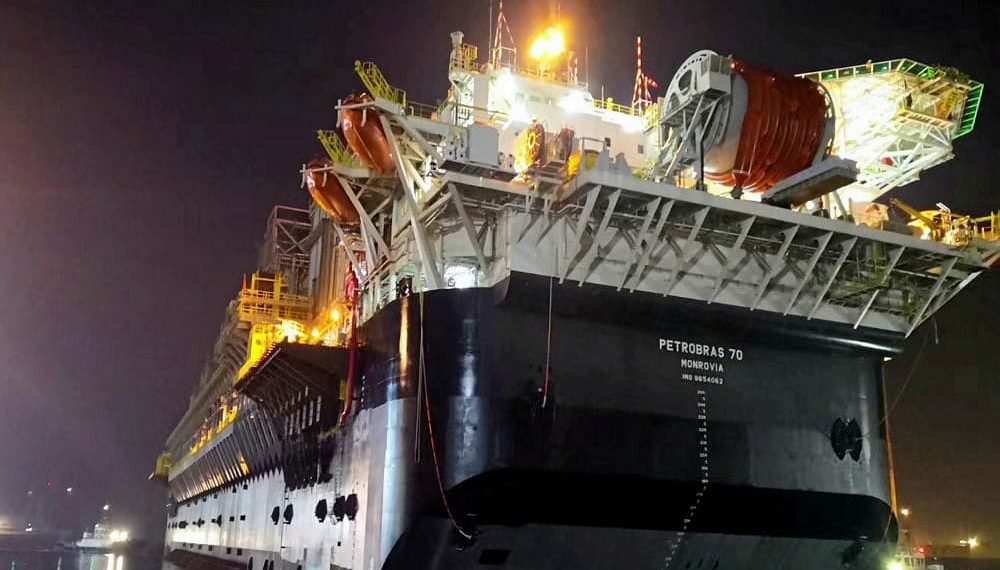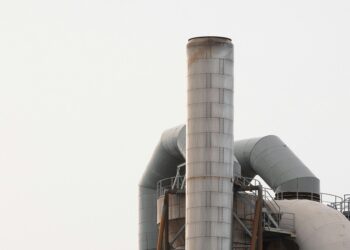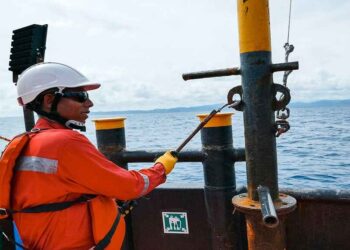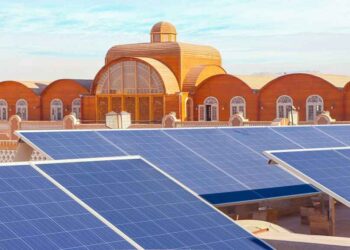Petrobras has commenced the green decommissioning process for its P-32 platform in the Campos Basin. The platform has been relocated from the Marlim field to the Rio Grande shipyard for recycling, marking an essential milestone for the company. Petrobras CEO Jean Paul Prates expressed the significance of this achievement, emphasizing that it is the first step in the company’s strategic plan to decommission more than 20 units. The move aligns with Brazil’s strong steel-producing industry and presents an excellent opportunity for local industrial development.
The P-32 platform, which was previously sold to Gerdau SA in partnership with the Ecovix shipyard, will be the first floating platform to undergo Petrobras’ new sustainable disposal model. The recycling plan, developed by Gerdau-Ecovix and approved by Petrobras, covers the entire process from receiving the unit to dismantling work in a dry dock and the final disposal of resulting waste. Petrobras plans to closely monitor the execution of the plan, ensuring compliance with safety, environmental, occupational health, and social responsibility practices.
This green decommissioning initiative sets the stage for 11 more floating units to follow similar sustainable guidelines over the next five years. Petrobras aims to reduce greenhouse gas emissions and promote a circular economy under its new green policy. The Marlim and Voador Revitalization project, which involves replacing nine units with new floating production, storage, and offloading (FPSO) vessels, contributes to reducing emissions by over 50%.
The FPSO P-32, a pioneer in deep waters since 1997, played a crucial role in treating and exporting large volumes of oil equivalent. As part of its commitment, Petrobras strives to minimize waste, prevent biodiversity impacts, and use certified shipyards equipped with dry docks or waterproofed land for decommissioning. The company’s focus on sustainable practices reflects its dedication to environmental responsibility and circular economic principles.



















































